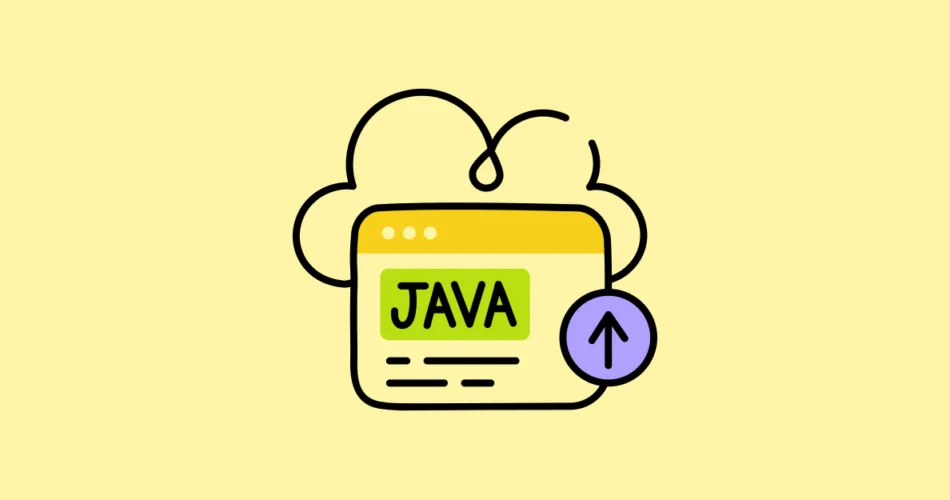In the rapidly evolving landscape of cloud-native architectures with API Gateway(s), serverless computing has gained immense popularity. Serverless platforms like AWS Lambda, Azure Functions, and Google Cloud Functions allow developers to build and run applications without managing servers. In such environments, API gateways play a pivotal role in managing and securing interactions between serverless functions and clients.
Here’s how API gateways fit into serverless architectures:
- Routing and Composition: API gateways route incoming requests to the appropriate serverless functions. They also enable the composition of multiple functions into a single API endpoint, simplifying the client’s interaction.
- Authentication and Authorization: Security is paramount in serverless computing. API gateways handle authentication and authorization, ensuring that only authorized requests reach your serverless functions.
- Request and Response Transformation: API gateways can transform request and response payloads, adapting them to the format expected by serverless functions or clients.
- Scalability and Load Balancing: As serverless functions scale automatically, API gateways distribute traffic efficiently, preventing function overloads and ensuring high availability.
Using Service Discovery with Container Orchestration (e.g., Kubernetes)
Container orchestration platforms like Kubernetes have become the de facto standard for deploying, managing, and scaling containerized applications. In these environments, service discovery is essential to maintain seamless communication between microservices.
Here’s how service discovery works with Kubernetes and similar platforms:
- Dynamic Service Registration: Services deployed in Kubernetes automatically register themselves with the cluster’s DNS, making them discoverable by other services.
- Load Balancing: Kubernetes employs load balancing to distribute incoming traffic across service instances, ensuring high availability and efficient resource utilization.
- Health Checks: Kubernetes continuously monitors the health of services. Unhealthy instances are automatically replaced, minimizing downtime.
- Integration with API Gateways: API gateways can leverage Kubernetes service discovery to route requests to the appropriate service instances, enhancing the overall reliability of the system.
In conclusion, API gateway(s) and service discovery are integral components of modern cloud-native architectures. They enhance scalability, security, and resilience, making them indispensable in the world of microservices, serverless computing, and container orchestration.
Subscribe to our email newsletter to get the latest posts delivered right to your email.


Comments